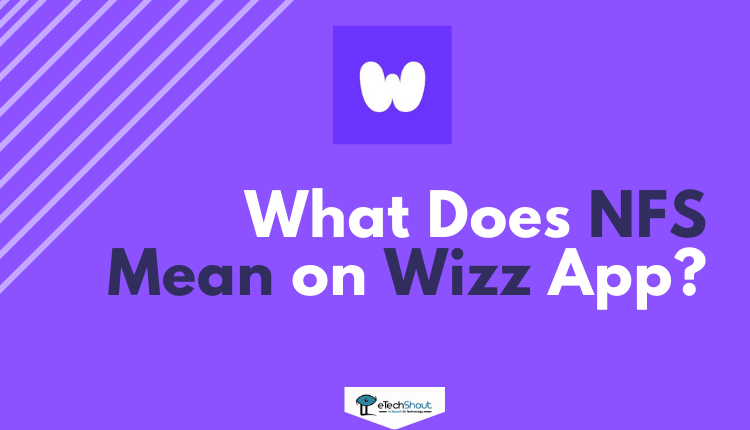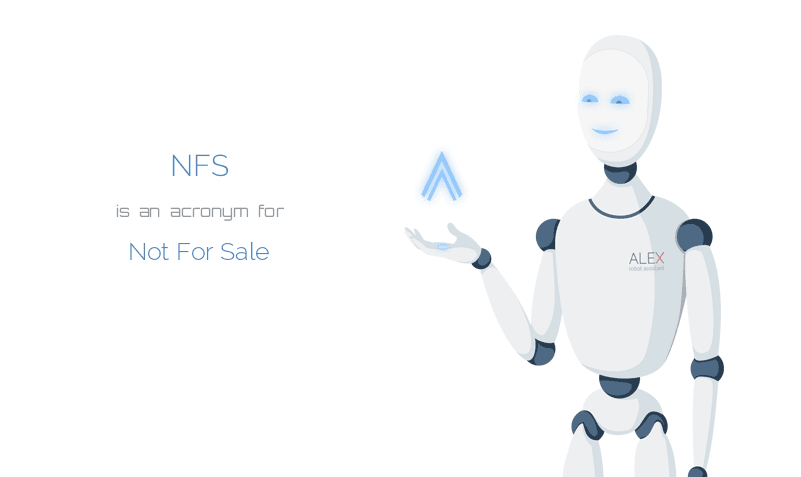NFS offers numerous advantages for file sharing, including:
- Efficiency: NFS reduces network traffic by providing transparent access to remote files, minimizing data transfers.
- Flexibility: It allows sharing files across different operating systems and platforms, promoting interoperability.
- Scalability: NFS supports a client-server model, enabling easy expansion of storage capacity as needed.
- Centralization: NFS centralizes file management, simplifying administration and enhancing data security.
- Performance: With efficient caching mechanisms, NFS optimizes file access speed, enhancing overall system performance.
Is NFS secure for file sharing?
NFS offers security features such as access control lists (ACLs) and secure authentication mechanisms, ensuring secure file sharing. However, additional security measures, such as firewall configurations and encryption, should be implemented to enhance the security of NFS deployments.
Can NFS be used for cross-platform file sharing?
Absolutely! NFS supports cross-platform file sharing, enabling seamless collaboration between different operating systems. Whether it’s Windows, macOS, or Linux, NFS allows users to share and access files transparently across platforms.

What are the different versions of NFS?
NFS has several versions, including NFSv2, NFSv3, NFSv4, and NFSv4.1. Each version introduces enhancements and improved features to address evolving needs and enhance performance.
How to set up an NFS server?
Setting up an NFS server involves installing the necessary software, configuring exports, and managing access control. Detailed instructions can be found in the documentation provided by your operating system or NFS software.
What is the difference between NFSv3 and NFSv4?
NFSv4 introduces significant improvements over NFSv3, including enhanced security, support for ACLs, and improved performance. It also incorporates features such as file delegation and mandatory locking. NFSv4 offers a more robust and feature-rich file-sharing solution compared to its predecessor.

Are there any alternatives to NFS for file sharing?
Yes, there are alternative file-sharing protocols like SMB/CIFS (Server Message Block/Common Internet File System) and FTP (File Transfer Protocol). However, NFS remains a popular choice due to its simplicity, efficiency, and cross-platform compatibility.
What is the performance of NFS compared to other protocols?
NFS performs admirably compared to other file-sharing protocols. Its efficient caching mechanisms, low network overhead, and optimized data transfer methods contribute to its excellent performance, especially in high-bandwidth networks.

How to troubleshoot NFS connectivity issues?
When experiencing NFS connectivity issues, it is essential to verify network connectivity, check firewall settings, ensure proper exports and mounts, and review NFS configuration files. Consulting the relevant documentation or seeking assistance from experienced professionals can help troubleshoot specific issues.
Can NFS be used for cloud storage?
Yes, NFS can be used for cloud storage. It allows cloud-based applications and services to access and share files efficiently across distributed environments. NFS is commonly used in cloud storage deployments due to its simplicity, scalability, and compatibility with various cloud platforms.

What are the common use cases for NFS?
NFS finds applications in various scenarios, including:
- Home Networks: Sharing files between personal devices such as desktops, laptops, and media servers.
- Enterprise Environments: Centralized storage for collaborating teams, enabling efficient data access and sharing.
- Virtualized Environments: NFS serves as shared storage for virtual machines, facilitating resource allocation and migration.
- Media and Entertainment: Storing and accessing large media files across editing suites and rendering farms.
- Scientific Research: Sharing datasets and analysis results across distributed research teams.
How to configure NFS permissions and access control?
NFS allows fine-grained control over permissions and access. Through exports and access control lists (ACLs), administrators can specify which clients have read and write access to particular files or directories. Proper configuration of exports and ACLs ensures secure and controlled file sharing.

Is NFS suitable for large-scale data storage?
NFS is suitable for large-scale data storage due to its ability to handle substantial file volumes and provide centralized management. With appropriate infrastructure and optimization techniques, NFS can effectively handle the demands of large-scale storage environments.
How to optimize NFS performance?
To optimize NFS performance, consider techniques such as optimizing network configurations, adjusting NFS server settings, tuning cache parameters, and utilizing appropriate storage technologies. Thorough testing and benchmarking can help identify areas for improvement specific to your environment.

Are there any limitations or drawbacks of NFS?
While NFS offers numerous benefits, it does have some limitations. These include potential security vulnerabilities if not properly configured, performance degradation in high-latency networks, and challenges in managing distributed file locking and concurrency.
How does NFS handle file locking and concurrency?
NFS handles file locking and concurrency through the use of lock managers. It employs advisory file-locking mechanisms, allowing clients to coordinate access to shared files. However, handling file locking and concurrency in distributed environments can be challenging and may require careful consideration during application development.

What are the security considerations for NFS deployments?
To ensure the security of NFS deployments, it is crucial to implement measures such as firewall configurations, secure authentication mechanisms, encryption (such as NFSv4’s support for Transport Layer Security), and access control mechanisms like ACLs. Regular security audits and updates are also recommended.
Can NFS be used for real-time data sharing?
NFS is primarily designed for asynchronous file sharing and is not well-suited for real-time data-sharing scenarios that require instantaneous updates. For real-time data sharing, alternative protocols like distributed file systems or database solutions may be more appropriate.
What are the differences between NFS and SMB/CIFS?
NFS and SMB/CIFS (Server Message Block/Common Internet File System) are both file-sharing protocols, but they differ in their implementations, compatibility, and support across operating systems. While NFS is primarily associated with Unix-based systems, SMB/CIFS is commonly used in Windows environments. Both protocols offer distinct advantages and are suitable for different use cases.



